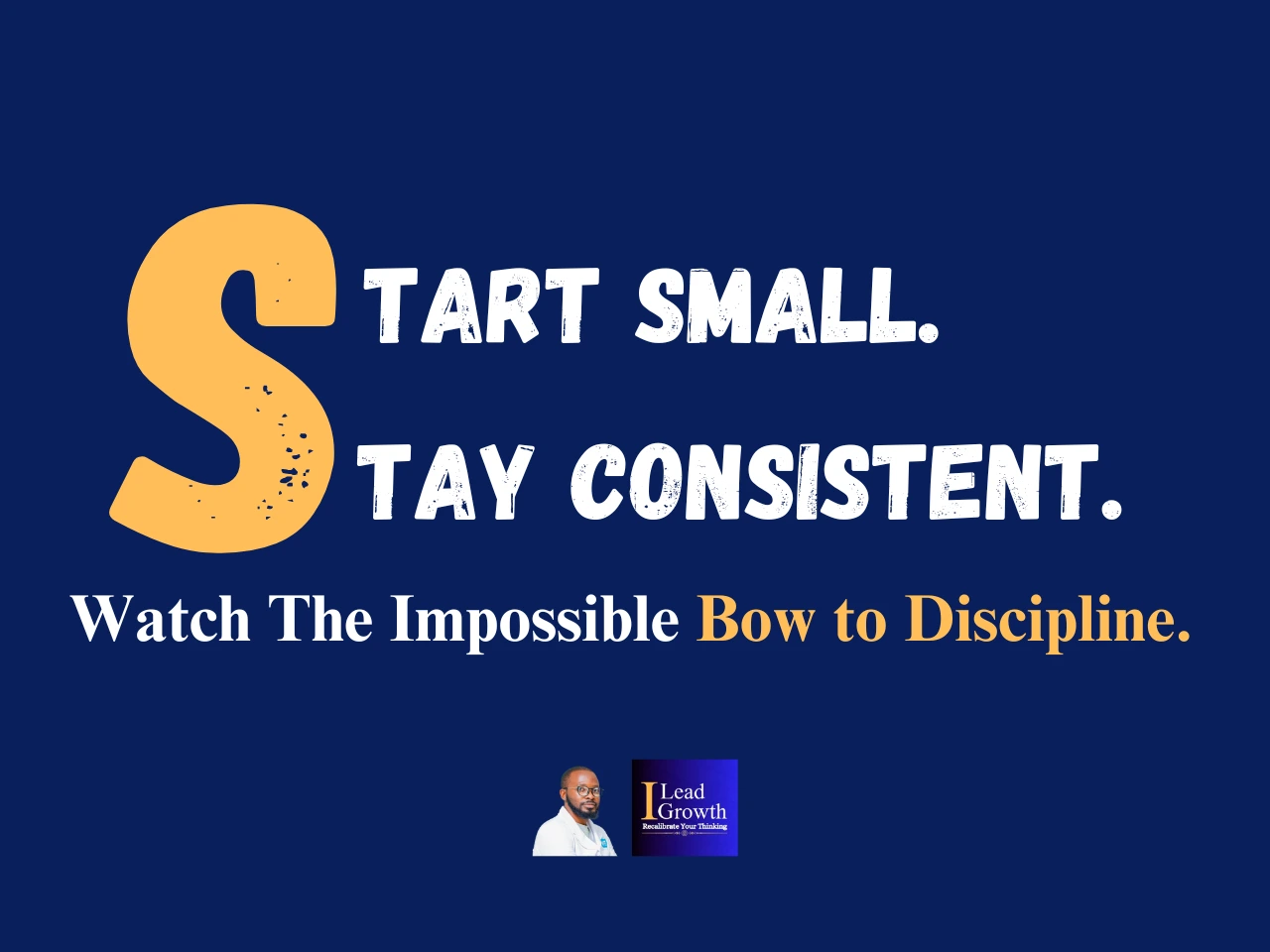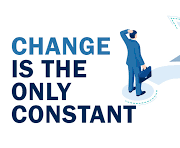We all have that one thing we’ve been meaning to start—an assignment, a book idea, a proposal, a business plan. But the longer we delay, the heavier it feels. Here’s a simple, practical guide to break through that resistance and get moving:
- Break It Down (Tiny First Step)
Start ridiculously small—so small that it’s hard to say no. Instead of saying “Work on my project,” just say “Open the project folder” or “Write the title.” The goal is to reduce the emotional and mental resistance by making the task feel light and doable. Often, the real enemy isn’t the work itself—it’s the weight we’ve placed on it in our minds.
Why this works: Starting small removes the pressure of needing a perfect plan or burst of inspiration. It gently tricks your brain into motion. That tiny action—like opening a document or jotting one sentence—can change the whole atmosphere around the task. Think of it like lighting a match in a dark room. It’s small, but it breaks the silence.
2. Set a Timer (Short & Sweet)
Use the Pomodoro Technique or simply set a timer for 10–15 minutes. Tell yourself, “I’ll just do this for a bit, then stop.” This helps bypass procrastination by creating a clear start and end—no pressure to finish everything, just a commitment to show up briefly.
Why this works: Timers create focus without overwhelm. Knowing you only need to commit for a short period lowers resistance and boosts your mental energy. Often, you’ll find that once those 10 minutes are up, you’re in the flow and want to keep going. If not, that’s fine—you still made progress. Consistency is built in moments like these, not marathons.
3. Remove the Pressure (Progress, Not Perfection)
Let go of the lie that your work needs to be excellent from the start. You’re not delivering the final product—you’re just starting. Give yourself permission to be messy, clumsy, or uncertain at the beginning. The goal is forward motion, not flawless execution.
Why this works: Perfectionism often disguises itself as procrastination. It paralyzes progress with unrealistic expectations. When you give yourself freedom to do a “bad” version first, you activate creativity. Remember: you can’t edit a blank page. Your rough beginning is just a bridge to your better work. Trust the process, not just the outcome.
Remember to start small, staying consistent. You’ll witness the impossible things you had bow down to discipline. You do not need the perfect plan—you need a beginning. Start now, and let momentum meet you on the way.
“Do not despise these small beginnings, for the Lord rejoices to see the work begin.” — Zechariah 4:10
Even God celebrates your first step. Take it.


